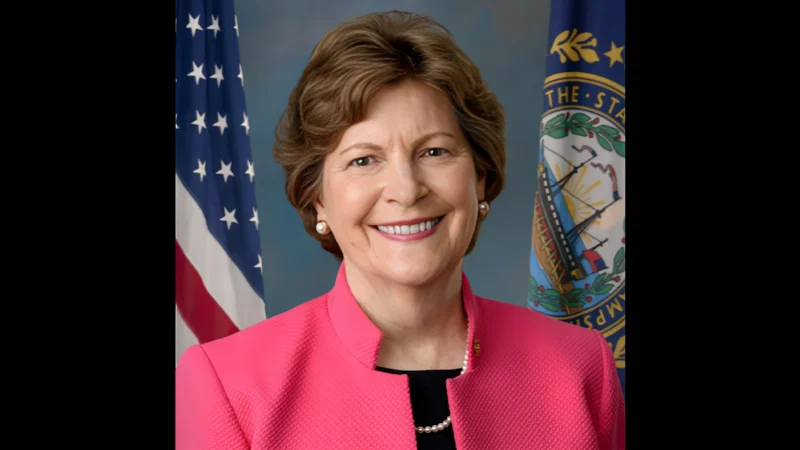U.S. Senator Jeanne Shaheen, Ranking Member of the Senate Foreign Relations Committee, has sent a letter to Secretary of State Marco Rubio requesting clarification on a $7.5 million payment made by the U.S. State Department to the Government of Equatorial Guinea. The payment was reportedly made in exchange for Equatorial Guinea agreeing to accept third country nationals removed from the United States.
Senator Shaheen described the transaction as “highly unusual” and raised concerns about sending funds directly to what she called “one of the most corrupt governments in the world.” She questioned whether adequate safeguards are in place to prevent misuse of American taxpayer money and ensure it does not facilitate corruption, human trafficking, or human rights abuses.
“This highly unusual payment—to one of the most corrupt governments in the world—raises serious concerns over the responsible, transparent use of American taxpayer dollars,” wrote Shaheen.
She further noted that this payment represents a significant increase compared to previous U.S. foreign assistance to Equatorial Guinea. “Over the past two administrations, the U.S. Government has not provided more than $2 million annually in foreign assistance for Equatorial Guinea, and prior assistance was only directed through vetted nongovernmental partners—not the government itself. The current proposal to provide $7.5 million represents an increase of 275 percent and would far exceed the amount of U.S. foreign assistance provided over the last eight years combined.”
Shaheen referenced reports from Transparency International and Freedom House highlighting ongoing issues with corruption in Equatorial Guinea’s government. She cited findings from recent State Department reports that detail high-level official involvement in corruption and human trafficking crimes.
“There are also serious concerns about human trafficking and human rights abuses in Equatorial Guinea,” she wrote, referencing allegations involving senior officials’ participation in trafficking activities and bribery within various levels of government.
The letter questions how this payment aligns with congressional intent for funds appropriated under accounts meant for global refugee and humanitarian crises, since these funds have historically been distributed through trusted implementing partners rather than direct transfers to foreign governments.
Shaheen asked Secretary Rubio several questions regarding oversight mechanisms for these funds: “How is the $7.5 payment to the government of Equatorial Guinea a permissible use of funds under the Migration and Refugee Assistance account, which is meant to assist refugees overseas?” She also sought information on any agreements related to this transfer and protections for individuals removed to Equatorial Guinea against potential abuse or detention.
“I look forward to your prompt response,” Shaheen concluded.








